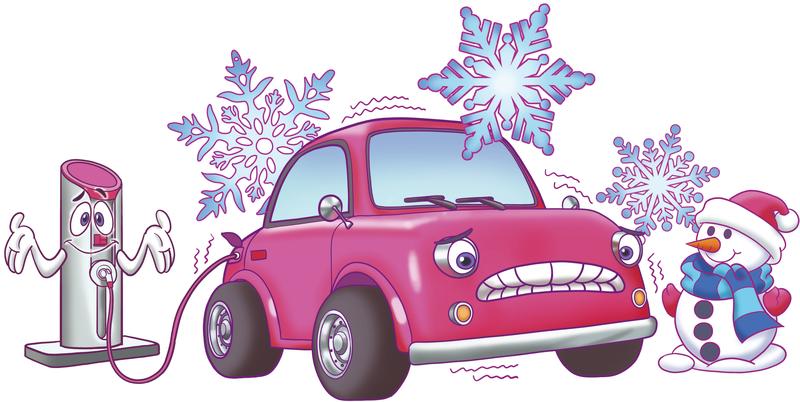 (JIN DING / CHINA DAILY)
(JIN DING / CHINA DAILY)
Europe is facing a severe energy shortage this winter because of the months-long military conflict between Ukraine and Russia. The European Commission has tried to introduce a gas price cap to ease the energy pressure but is still faced with the long-term challenge of energy resilience.
From the most to the least, energy is mainly consumed by the EU's industry sectors, transport, households, services and agriculture.
In the long term, the EU will make its energy supply greener and more resilient. But, it also needs to establish energy market solidarity, improve its energy infrastructure and balance the energy supply security between member states
Petroleum products dominate the final energy consumption in the EU at 35 percent, followed by electricity at 23 percent, natural gas and manufactured gas at 22 percent, and solid fossil fuels — mostly coal — at 3 percent. Real renewable energy consumption is higher than the reported 12 percent.
Energy imports have been important for the EU. In 2020, 58 percent of the EU's energy was imported, lower than the 60 percent in 2019, because of the impact of the COVID-19 pandemic. Almost two-thirds of the energy imports were petroleum products (including crude oil), 27 percent natural gas and 5 percent solid fossil fuels.
In 2020, the EU's dependence rate on imported crude oil was 96.2 percent, natural gas 83.6 percent and coal 35.8 percent. More than half of the EU member states have over 90 percent dependence on crude oil in gross available energy and some even 100 percent.
Russia has been a major supplier of crude oil, natural gas and solid fossil fuels to the EU. In 2020, Russia provided 29 percent of the EU's crude oil, 43 percent of its natural gas and 54 percent of its solid fossil fuels.
However, the EU has tried hard to reduce its energy dependence on Russia, which would also reduce the opportunities for Russia to obtain external funds. The European Commission proposed the REPowerEU plan in March to "make Europe independent from Russian fossil fuels well before 2030".
Meanwhile, Russia has used its energy supply to press the EU. The tug of war changed when the Nord Stream 2 pipeline, which delivers Russian gas to Germany, exploded in late September, saboteur unknown.
In 2021, the EU imported 83 percent of its natural gas and consumed 412 billion cubic meters; almost one-third for power and heating generation, 24 percent for households, 22.6 percent for industry and about 10 percent for services. More than 30 percent of households use gas for heating.
Russia's share in the EU's gas market was around 50 percent until the second half of 2021 when a sharp decline set in. Meanwhile, other gas suppliers rapidly increased. Between January and August 2022, the EU imported nearly 40 bcm of liquified natural gas, or LNG, from the United States, almost twice the amount of the total in 2021.
However, the much higher price of US LNG caused energy prices to soar and people and companies in many EU member states have protested against the excessive energy price spikes and the Russia-Ukraine conflict.
Gas stored earlier this year is not enough to get the EU through this winter. How to fill the energy gap following the rupturing of the Nord Stream 2 pipeline, high spot price of gas and uncertain quantity of gas output from third countries remains a question.
In October, the European Council introduced measures such as joint purchasing to secure a ceiling on gas prices and security of supply. But the member states continue to argue a lot over various concerns including economic development and people's living conditions.
In the short term, the EU can resume energy production in the bloc, continue diversifying suppliers, and increase nuclear power plants to fill the energy tap. The resilience of energy can be strengthened by reducing energy consumption, enhancing energy conservation and importing more LNG.
However, the increasing LNG supply from the US and the unstable capacity of renewable energy — such as photovoltaic power, hydropower, and wind — in winter have added to the EU's energy supply uncertainties.
Another question is how much the EU can pay for more expensive gas and other alternative energy that is very likely to see price hikes.
In 2020, the industry sector held the largest energy consumption share in the EU at 32 percent. To meet the energy demands of households and public services, the EU has had to impose restrictions on high energy-consumption companies.
Thus, many large companies halted or reduced production and moved out of Europe. There have been worries that measures to control energy consumption and demand will result in an economic downturn and fiscal revenue reduction, leading to some EU member states suffering difficulties offering enough subsidies to households, public services and small and medium-sized enterprises.
In the long term, the EU will make its energy supply greener and more resilient. But, it also needs to establish energy market solidarity, improve its energy infrastructure and balance the energy supply security between member states.
It will take years or more for the EU to realize energy decoupling from Russia in the throes of economic and political turbulence. Diversification of energy supplies is also a time and money-consuming process that includes huge investments in infrastructure such as new pipelines and LNG terminals.
In addition, countries and regions rich in energy resources usually become the center of or are involved in geopolitical conflicts. For the sake of long-term energy security, the EU should join hands with other countries and organizations to protect regional peace and resist hegemonic actions in any form that disrupt peace.
The author is an associate professor at the Institute of European Studies, Chinese Academy of Social Sciences.
The views don't necessarily represent those of China Daily.


